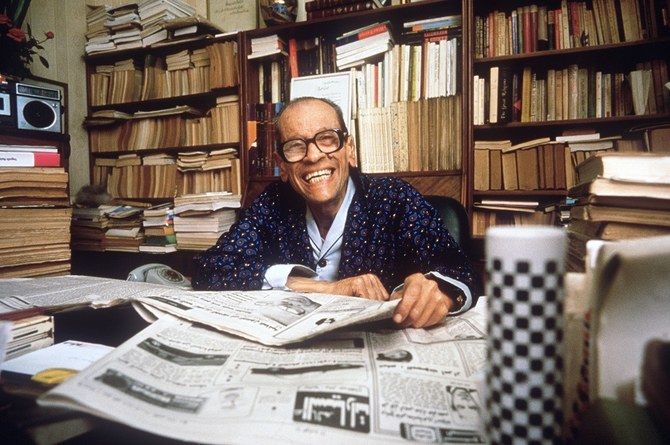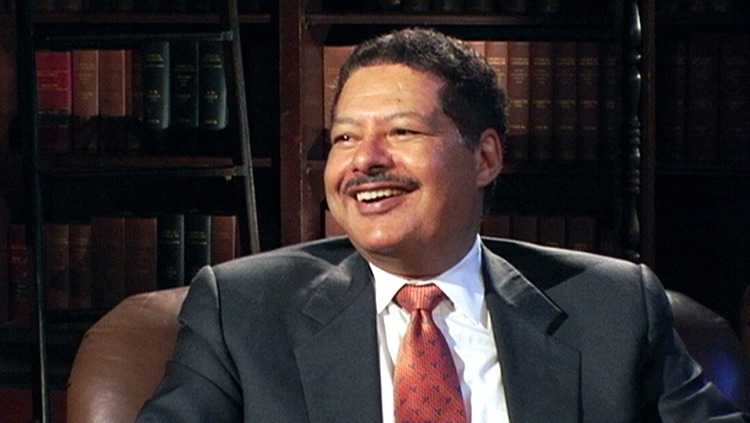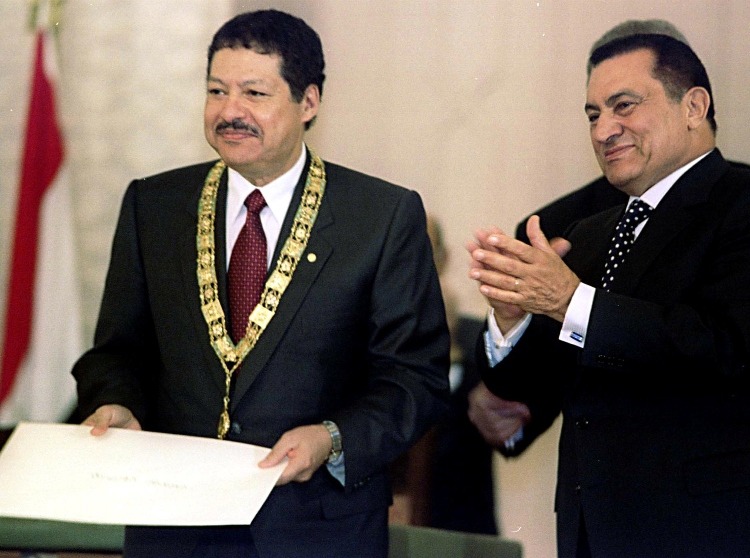From powerful Egyptian symbolic literature to advances in organ transplants, Nobel Peace Prize Winners are known to be game changers, not only for their country but the entire globe.
With today being Ahmed Zewail’s death anniversary, the first Arab winner of a Nobel Peace Prize in chemistry, we will honor and celebrate him through other Arab Nobel Peace Prize Winners who not only honored their nation but act as a continuous source of inspiration for aspiring youth who someday may pave a similar path as these legends.
Ahmed Zewail
The “Father of Femtochemistry”, Ahmed Zewail holds a special place in the hearts of Arabs as he was the very first Arab to win a Nobel Prize in any of the sciences, particularly for chemistry in 1999.
Born in 1946 in Damanhour, Egypt, he pursued his passion for chemistry through his education and was able to travel to the US to continue his studies and earn a Ph.D. Over time, his knowledge and ingenuity led him to make a life-changing discovery in the 1980s.
During that time, when it came to atoms and molecules, scientists were only able to study them before and after they undergo a chemical reaction, not during. They would know which atoms would come together to form molecules or compounds. They could assess the atoms alone and then the molecules. Yet, they could not study the process involved in the chemical reaction itself because it occurs at a supersonic speed. The vibration of an atom in a molecule occurs in 10 to 100 femtoseconds with one femtosecond equaling a millionth of a billionth of a second. Zewail was the maverick who came up with a way to be able to actually witness that speedy process in slow motion using laser, creating a new field entirely called femtochemistry. Through this field, scientists can learn what actually occurs when chemical bonds break and new bonds form.
He was not only a groundbreaking scientist, but he was also a lover of his country and its people. He wanted to give young Egyptians the same access to a doctoral education as he did without having to travel abroad. That is how the Zewail City of Science and Technology, an institute that provides cutting-edge research and education came to be with its classrooms opening in 2013.
Naguib Mahfouz

There are some names that will stand the test of time. In Egypt’s world of cinema, there’s the progressive genius Youssef Chahine. Yet if we take a step back and focus our lens on the realm of Egyptian literature, the legendary Naguib Mahfouz would come to mind.
Born in 1911 in the Gamalyia District of Cairo, from the very young age of 17, Mahfouz put pen to paper and created ingenious works of literature. The beauty of his work stems from Mahfouz’s inextricable connection to Egypt’s social and political sphere. His writings are intertwined with his life. You can get a glimpse into his childhood in Gamailya if you read novels like Midaq Alley. It is said that the alley in his neighborhood is representative of Egyptian society as a whole, giving readers a look into the social norms, faith and day-to-day experiences of the Egyptian people.
With politics, Mahfouz was there during every period of Egypt’s significant 1900s and each event significantly impacted the writer and the pieces he created. During the early 1900s, he was devoted to Saad Zaghloul, Egypt’s Prime Minister and was equally devastated by his eventual death. Zahgloul is one of Mahfouz’s heroes especially due to him leading the 1919 revolution that contributed to the end of British rule in the country.
As an ingenious writer, during the 60s, he decided to experiment with his writing and he applied powerful techniques including symbolism to showcase how he feels without causing political tension. In 1983, he created a novel that combines elements from both ancient and modern Egypt called “Before the Throne.” The ingenuity in the piece stems from his intertwining of mystical concepts with real-life events and people.
As a literary genius, he made history in 1988 as the very first Egyptian to win a Nobel Peace Prize in literature for his works that exude modern realism, symbolism, and politics while also providing us with an inner window into his life and into the lives of Egyptian people, from peasants and shopkeepers to housewives and farmers and everything in between.
Peter Medawar

Dubbed the “Father of Transplantation“, Peter Medawar, son of a Lebanese father and British mother, made discoveries that largely impacted how tissue and organ transplants are done today.
Within the bloody years of WWI and WWII, wounded soldiers especially burn victims were sadly a common occurrence. At that time, one form of treatment involved taking the healthy skin from one soldier and transplanting it onto the wounded or burnt skin of another. Unfortunately, it didn’t work and that is when Medawar came into play.
During WWII, he was a professor of Zoology at the University of Birmingham and was asked to investigate why skin grafts did not work. That is what led him to explore a theory made by a virologist called Frank MacFarlane Burnet. Burnet believed that when we introduce something foreign or new to a person while they are still an embryo, once the individual develops and grows if the same foreign material is re-introduced, it won’t be rejected.
Through experiments performed on mice, Medawar reached the conclusion that Burnet’s theory turned out to be true. This was a monumental discovery as it formed the basis of organ transplants of today. The powerful discovery was celebrated in 1960 when Medawar and Burnet received the Nobel Peace Prize in Medicine.
WE SAID THIS: Don’t forget…Abdulrazak Gurnah, Winner Of The Nobel Prize For Literature 2021




